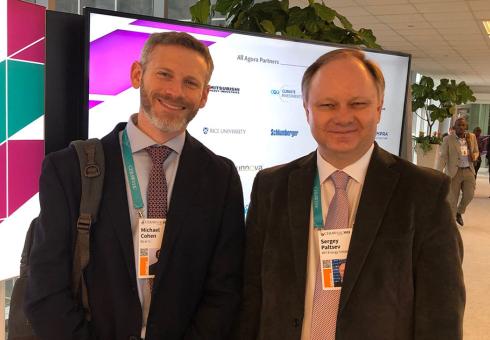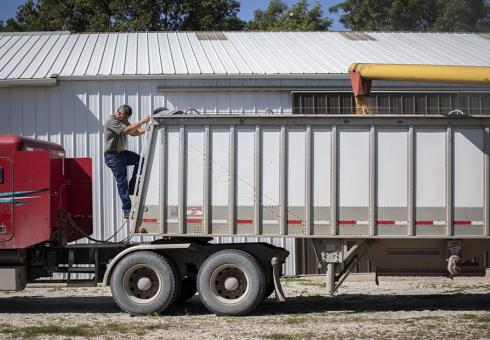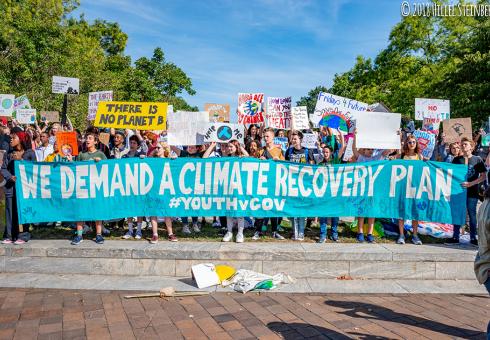News + Media
Deputy Director Sergey Paltsev speaks on decarbonization pathways at international energy forum
The computer-vision technique behind these maps could help avoid contrail production, reducing aviation’s climate impact
Faculty leaders discuss the opportunities and obstacles in developing, scaling, and implementing their work rapidly
If wildfires become larger and more frequent, they might stall ozone recovery for years
Long touted as a renewable fuel emitting 20 percent fewer greenhouse gases than gasoline, ethanol’s emissions may be 24 percent higher. If verified, one expert said the finding shows ethanol failed spectacularly. (Inside Climate News)
Growing demand for an energy transition could move the needle, but not far enough
MIT Joint Program research scientists are co-investigators on one-third of the selected projects, with a focus on decarbonizing complex industries and preparing for climate extremes. (MIT News)







